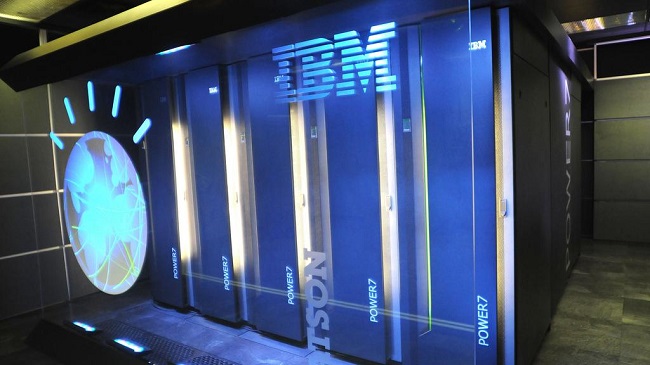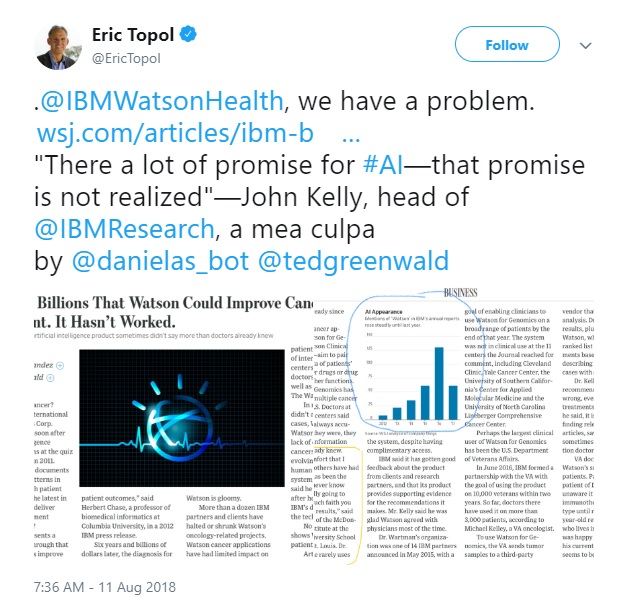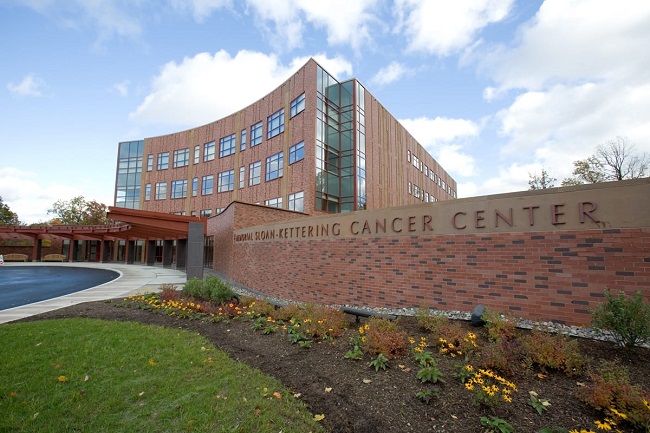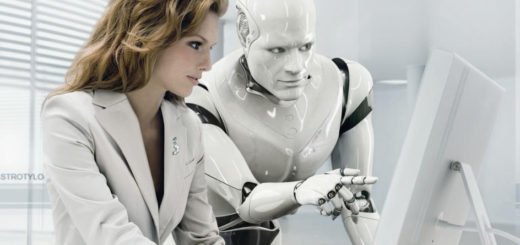IBM Watson cancer is frequently misdiagnosed, is Artificial Intelligence healthcare really reliable?
by Ready For AI · August 14, 2018
Several hospitals have terminated projects related to IBM Watson cancer because many doctors complain that Watson's judgment is wrong.

IBM Watson used to be synonymous with artificial intelligence doctors
In 2016, the Pew Research Center of the US poll and think tanks conducted a survey for the American public. Which is the most recognized AI brand in your heart? IBM Watson is far ahead. Since becoming famous in the “Crisis Edge” in 2011, IBM Watson has become a milestone in the history of artificial intelligence development. Like IBM’s Deep Blue, Watson and Deep Blue are not negligible names as long as the AI history is reviewed.

IBM is pushing Watson to support AI applications across a wide range of industries. The relevant person in charge said that medical treatment is IBM’s most important artificial intelligence goal. In 2017, the company has put its focus on this field. Since 2015, the company has spent nearly $5 billion to recruit medical-related professionals and acquired a number of related companies, including Explorys for e-pathology and Truven Health Analytics for insurance claims.
In June 2017, IBM CEO and President Ginni Rometty told CNBC that Watson will be able to diagnose and treat most of the causes that cause 80% of the world’s cancer.
Misdiagnosis many times to make human doctors lose confidence in it
But according to the latest issue of The Wall Street Journal, no published studies have shown that Watson has improved the cure rate for patients.
More than a dozen IBM partners and customers have terminated or reduced projects related to Watson’s cancer analysis. More than a dozen organizations and doctors who have used Watson have reported back to WSJ reporters that the Watson cancer application has had little effect and in some cases will go wrong.
Due to the lack of rare case data, Watson’s training can’t keep up with the progress, and the current rate of cancer treatment has exceeded the speed at which IBM can update the Watson system.

Professor Herbert Chase of Columbia University has now withdrawn from Watson’s advisory group and is disappointed with IBM’s direction to promote the technology. Not long ago, a large-scale layoff in the medical part of IBM, and gave Watson the lower position. In a report by foreign media Gizmodo, it plainspoken to say that Watson is “nothing”.

Why does IBM Watson encounter the ‘Battle of Waterloo’?
In the field of health care, AI has begun to bring tangible results, especially in medical image analysis. However, in the recommendation of the treatment plan, the difficulty is increased a lot, because it requires a lot of training data, including the patient’s current physical condition, medical record and treatment results, as well as the search for similar successful cases in the past, and these data are often Different formats, scattered in different institutions, are difficult to use for large-scale collection and analysis.
Since 2012, the Sloan Kettering Cancer Center in New York has been helping IBM train Watson (but not using the software for patient care). Experts in the hospital collaborated with IBM engineers to rank relevant features of medical history such as tumor location and survival conditions. They also rank medical research for specific therapies, then evaluate Watson’s ability to match test cases to treatment options and help engineers adjust the output until the output is consistent with the doctor’s judgment.

“This work is still in progress, cancer therapy is progressing rapidly, and keeping up with the latest developments is harder than I thought.” An oncologist responsible for coordinating Watson cancer data training said.
After all, IBM Waston can give judgments based on what humans know, and in most cases will be consistent with human doctors. Then suppose that when Waston gives a conclusion outside the known range, human beings cannot judge the correctness of this conclusion according to the existing level of knowledge, and the result can only be considered as “inaccurate”.
The realization of artificial intelligence healthcare is more difficult than imagined
On the medical front, AI software began to help radiologists and pathologists analyze digital images of X-rays and biopsies. Businesses and clinicians are developing simple, text-based chat bots designed to help people manage mental health issues such as anxiety and depression in a conversation like treatment.
Recommended personal medical care is in a more advanced field. Such software requires training using data that has been available in the past, and the data includes detailed information about the patient’s medical history and treatment outcomes. This information is usually recorded in a different format and is owned by different companies and does not always guarantee completeness and consistency. In addition, human doctors still need to understand many diseases including cancer.
Unless there is better patient data, these data need to cover aspects such as genetics, environment, lifestyle, and health information. In the short term, most of the functions of artificial intelligence in the field of health care come from administrative assistants, online customer service tools and so on.

















